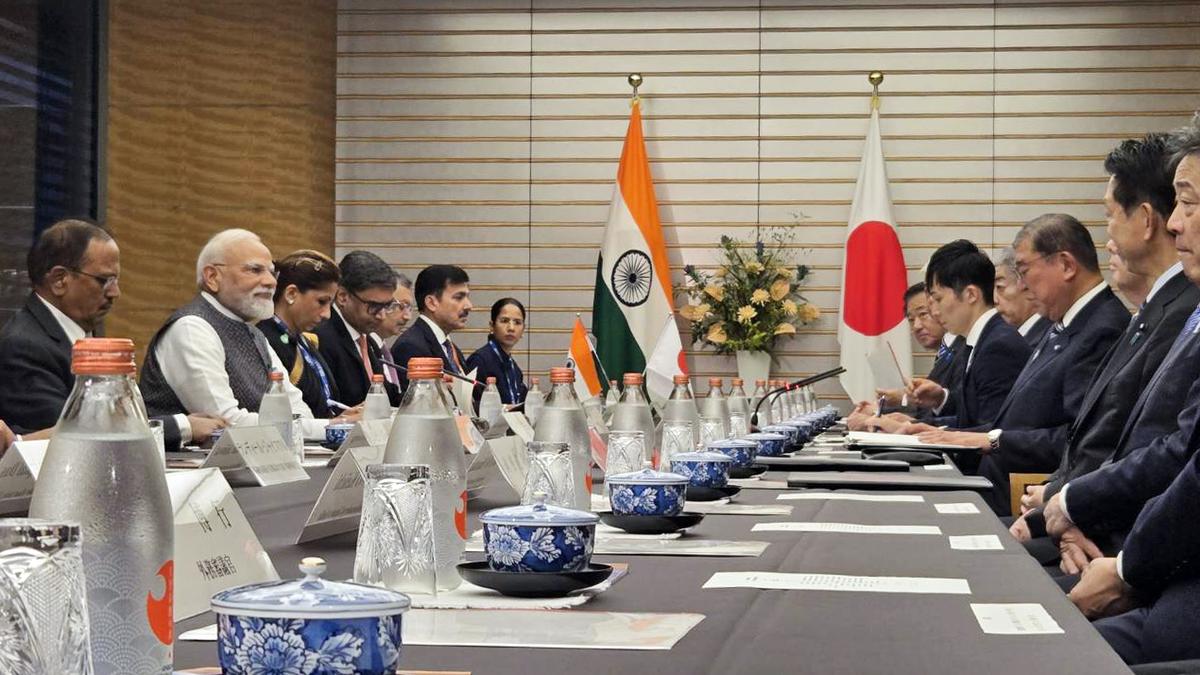Now Reading: India and Japan Unite to Promote Low-Carbon Technologies
-
01
India and Japan Unite to Promote Low-Carbon Technologies
India and Japan Unite to Promote Low-Carbon Technologies

rapid Summary
- Prime Minister Narendra Modi visited Japan for the 15th India-Japan Annual Summit on August 29,2025.
- India’s Environment Ministry signed a Memorandum of Cooperation with Japan earlier in August for the Joint Crediting Mechanism (JCM).
- JCM is a Japanese initiative that invests in low-carbon technologies in developing countries. Resulting carbon credits are allocated to Japan to meet its national emissions-reduction goals.
- Japan has already entered into JCM agreements with 30 other nations.
- The initiative promotes investment, technology transfer, capacity building, and localization of low-carbon technologies within India.
- it contributes to greenhouse gas reduction and sustainable development without jeopardizing India’s Nationally Determined Contributions (NDCs) under the Paris Agreement.
- India’s NDC targets include:
– Reducing GDP emission intensity by 45% by 2030 (from 2005 levels).
– Achieving 50% cumulative electric capacity from non-fossil fuels by 2030.
– Creating an additional carbon sink of CO2 equivalent through afforestation efforts by 2030.
- The Environment Ministry established a ‘National Designated Authority’ (NDA) this week to oversee project approvals and monitor emission reductions under Article 6.2 of the Paris Agreement.
Indian Opinion Analysis
The collaboration between India and Japan through the Joint Crediting Mechanism represents an crucial effort toward achieving global climate goals while fostering mutual benefits. By facilitating technology transfer and investments in low-carbon initiatives, it positions India as a critical player in international climate action under Article 6.2 of the Paris agreement. With extensive domestic commitments outlined in its NDC-such as reducing GDP emission intensity-it’s vital for India to explore innovative frameworks like JCM that align external support with domestic objectives.
However, there are challenges tied to ensuring such projects not only accelerate carbon credit generation but complement long-term sustainable development practices within local ecosystems. moreover, establishing robust oversight mechanisms via institutions like NDA will be crucial for maintaining transparency and equitable implementation across diverse sectors involved.
As one of many nations participating alongside Japanese efforts globally, this move signals growing collaboration among countries prioritizing actionable climate-focused strategies without compromising sovereignty over their commitments-a principle central under multilateral frameworks like Paris Agreement.
Read more: Link

























